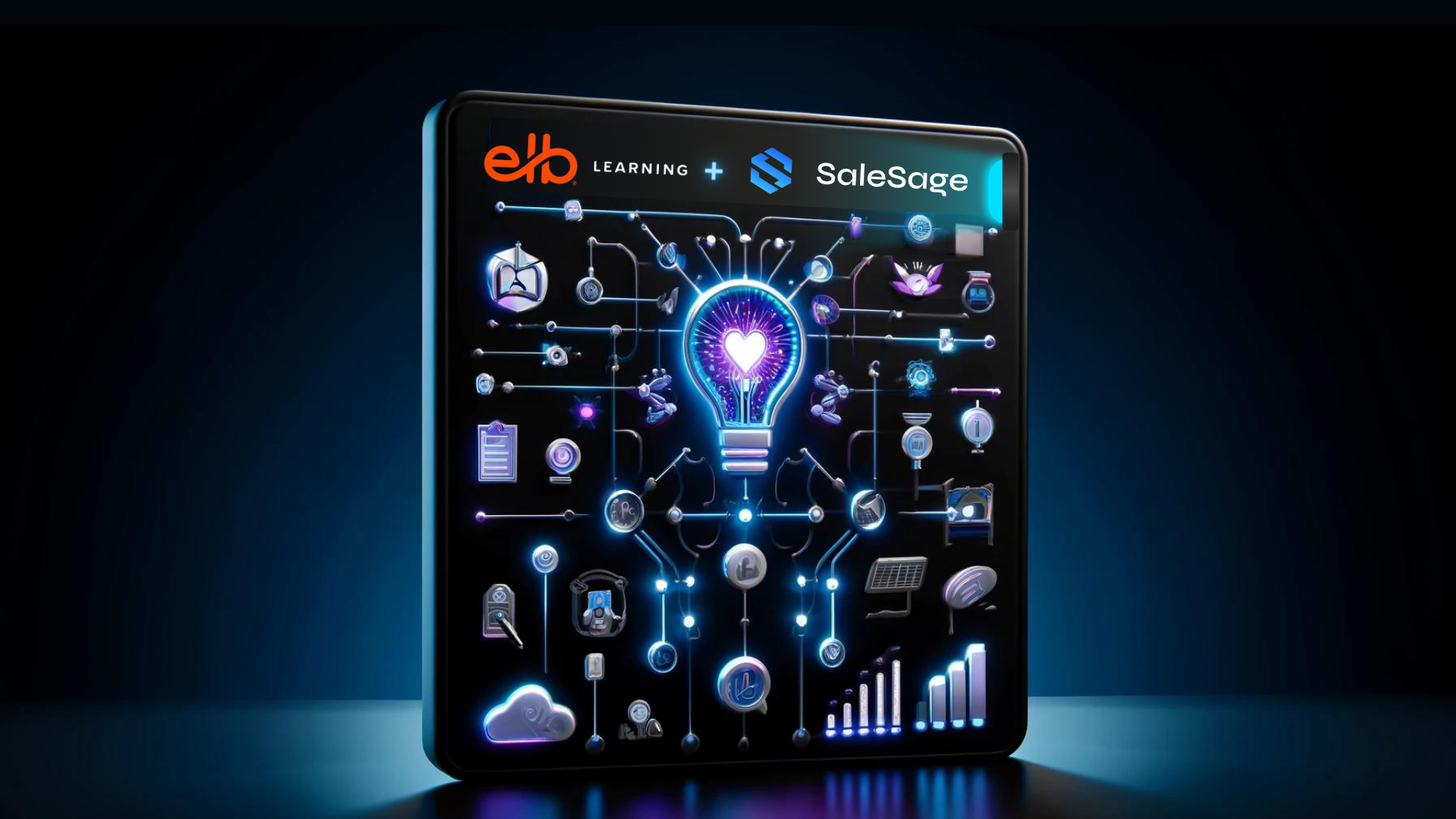As AI continues to revolutionize industries, preparing your team for an AI-driven future is not just a strategic advantage—it’s a necessity. Here’s how to ensure your team is ready to embrace and excel in an AI-augmented workplace.
Conduct Comprehensive Skill Assessments
Start by evaluating your team’s current capabilities. Identify strengths and weaknesses in dealing with AI technologies through practical exercises, simulations, and feedback sessions. This will help you understand the specific needs of your team and tailor your training programs accordingly.
Actionable Steps:
- Practical Exercises: Design exercises that mimic real-world AI tasks to gauge current skill levels.
- Simulations: Use AI-driven simulations to test problem-solving and adaptability.
- Feedback Sessions: Hold one-on-one feedback sessions to discuss assessment results and areas for improvement.
Implement Targeted Training Initiatives
Proactive training is at the core of AI readiness. Focus on hands-on training initiatives, including specialized workshops on AI and machine learning, data, and AI decision-making. Emphasize continuous learning and staying updated with new developments in AI.
Actionable Steps:
- Specialized Workshops: Organize workshops on machine learning, data, and AI decision-making.
- Continuous Learning: Encourage team members to participate in ongoing education and certification programs.
- Stay Updated: Provide resources and subscriptions to AI journals and news outlets.
Provide Real-World AI Experience
Bridge the gap between theory and practice by giving your team opportunities to work on real AI projects. These could be internal projects or collaborations with external partners. Encourage your team to apply their newly acquired skills in these projects, providing a safe environment to experiment, learn from mistakes, and gain confidence.
Actionable Steps:
- Internal Projects: Assign AI-driven projects within the company to practice new skills.
- External Collaborations: Partner with other organizations for joint AI initiatives.
- Safe Experimentation: Create a sandbox environment where team members can test and refine their AI solutions.
Foster a Culture of Continuous Learning
Cultivate a culture of ongoing learning and adaptation. Encourage team members to experiment with AI technologies, share insights, and learn from setbacks. Establish feedback loops to collect user feedback and tweak AI systems to enhance their efficacy.
Actionable Steps:
- Experimentation: Allow time and resources for team members to explore new AI tools and techniques.
- Insight Sharing: Hold regular meetings where team members can share their AI experiences and insights.
- Feedback Loops: Implement systems to gather and act on feedback regarding AI tools and processes.
Track and Assess Performance
Regularly monitor the performance of your team and gauge the impact of AI integration. Track key performance indicators (KPIs) such as productivity boosts, cost savings, accuracy enhancements, and innovation outcomes. Use these insights to refine and enhance your AI strategy.
Actionable Steps:
- KPI Tracking: Define and monitor KPIs related to AI performance and integration.
- Regular Reviews: Conduct periodic performance reviews to assess progress and identify areas for improvement.
- Strategy Refinement: Use performance data to adjust and improve your AI strategy.
Address Skills and Training Gaps
Identify and address any skills and training gaps with targeted programs, workshops, or resources. This helps employees gain the required knowledge and skills to work effectively with AI technologies.
Actionable Steps:
- Skills Framework: Develop a framework outlining the necessary skills for AI collaboration.
- Targeted Programs: Offer specialized training programs to address identified skills gaps.
- Resource Allocation: Provide access to resources such as online courses, books, and expert consultations.
Create Psychologically Safe Spaces
AI implementation can elicit various responses, including fear and resistance. Cultivate psychological safety to encourage open dialogue, innovation, and acceptance of change. This fosters an environment where team members feel comfortable experimenting and learning.
Actionable Steps:
- Open Dialogue: Encourage open communication about AI-related concerns and ideas.
- Support Systems: Establish support systems such as mentorship programs and peer groups.
- Innovation Encouragement: Reward and recognize innovative uses of AI within the team.
Evolve and Scale
As your team gains experience and shows success, consider scaling the approach to other teams or departments. Learn from the initial implementation and apply best practices to amplify the impact of AI across the organization.
Actionable Steps:
- Pilot Programs: Start with pilot programs to test AI initiatives before scaling.
- Best Practices: Document and share best practices from successful AI projects.
- Cross-Departmental Scaling: Gradually expand AI initiatives to other teams and departments.
Preparing your team for an AI-driven future involves a strategic blend of skill assessments, customized training, real-world experience, and a culture of continuous learning. By proactively addressing these areas, you can empower your team to embrace AI technologies and drive transformative outcomes for your organization.






